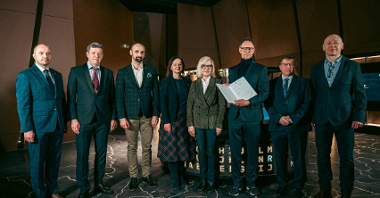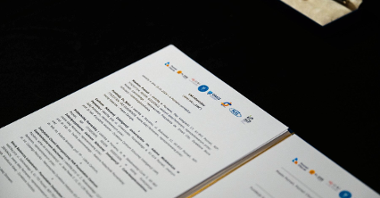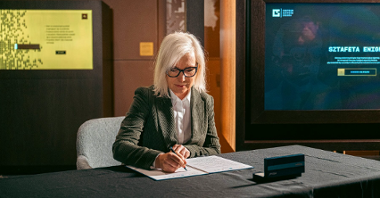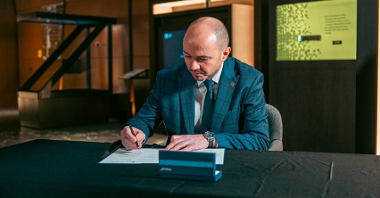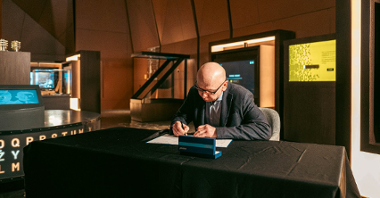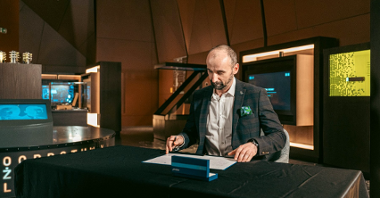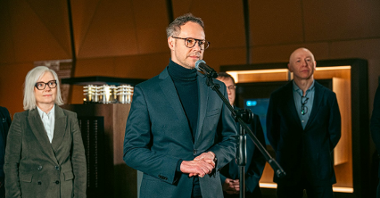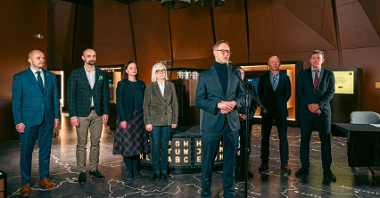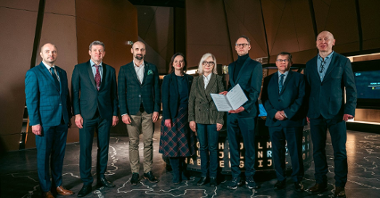Poznan develops artificial intelligence
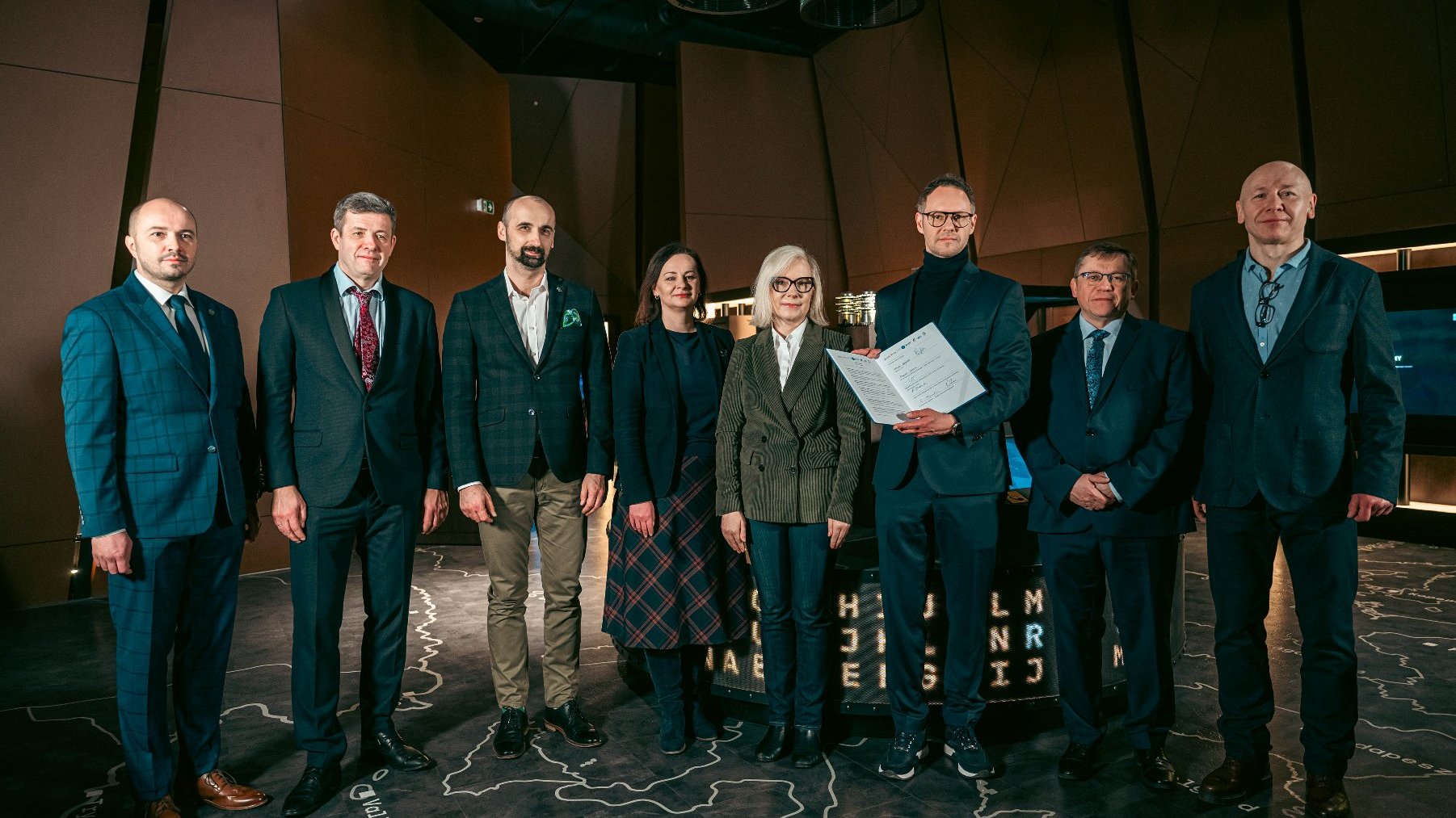
The Poznań CityLab will develop solutions to support administrative processes and provide modern digital services to residents.
- We want to create a space that will be used to validate ideas and test solutions based on emerging technologies such as artificial intelligence, machine learning, big data, the internet of things and blockchain," says Michal Lakomski, Poznań mayor's representative for smart city. - The CityLab will have multiple functions. It is to be a knowledge bank, a catalyst for change, as well as a place providing inspiration, tools and methods of action for the development of smart city projects for residents, the City and our partners.
The CityLab will be home to ventures such as the Innovation Lab, which will offer support in introducing and piloting digital projects, and where widely available tools will be developed. Examples include the Open Data Platform or the Smart City Poznań application. In addition, there will be space for public consultations and the Poznań Welcome Centre, a place for permanent and temporary exhibitions showcasing the potential of the City and the CityLab partners.
Poznań CityLab will be located at the Poznań International Fair. The opening is scheduled for 2025.
Od kryptologii do smart city
A letter of intent to cooperate in the field of artificial intelligence and cyber security, including the development of CityLab, was signed at the Enigma Cipher Centre on Thursday. The signatories of the document are: The City of Poznań, the Artificial Intelligence Centre of Adam Mickiewicz University in Poznań, the Artificial Intelligence and Cyber Security Centre of Poznań University of Technology, the Poznań Supercomputing and Networking Centre, Łukasiewicz - Poznań Institute of Technology and the In_Spire Foundation.
The aim of the cooperation is for Poznań to become a leading city in carrying out the digital transformation. As part of it, the partners will jointly implement projects - including national or international projects - based on artificial intelligence, which can become a model for other cities. In addition, they will look for innovative solutions based on the latest technologies.
The cooperation also includes jointly applying for external funding and education, by providing training and competence development related to AI technology for the residents of Poznań and employees of the institutions. The letter also emphasises the importance of cyber security.
The date on which the letter was signed - 25 January - is no coincidence. It is Cryptology Day, established in 2007 by the Faculty of Mathematics and Computer Science at Adam Mickiewicz University in Poznan. It commemorates the anniversary of breaking the code of the German Enigma cipher machine, which was done by Polish cryptologists, graduates of the University of Poznan - Marian Rejewski, Henryk Zygalski and Jerzy Różycki. It was in the capital of Wielkopolska in the years 1929-1932 that they took the first steps in decrypting the Enigma.
AI for residents
Already, the City is implementing projects based on artificial intelligence to serve residents. A waste segregation search engine has been created at www.poznan.pl/odpady, which suggests what to throw away where. It also includes an educational quiz. The project is based on natural language processing. This system - used, for example, in chatbots - allows computers to understand and mimic human language.
In addition, as part of the City's cooperation with Adam Mickiewicz University and the Poznań Supercomputing and Networking Centre, the Proste Pismo project is being implemented. This is a database of official documents, simplified from a linguistic point of view and which can be used by the office's employees in their communication with customers. The tool uses artificial intelligence mechanisms, in particular a Transformes-type deep neural network model (from the same group to which the currently popular ChatGPT belongs). However, the model used is a completely proprietary solution developed in collaboration between UMP, UAM and PSNC.
See more

A great international success for students of the Poznań University of Economics and Business

A sensational discovery at the University Library in Poznań

Forbidden tricks

